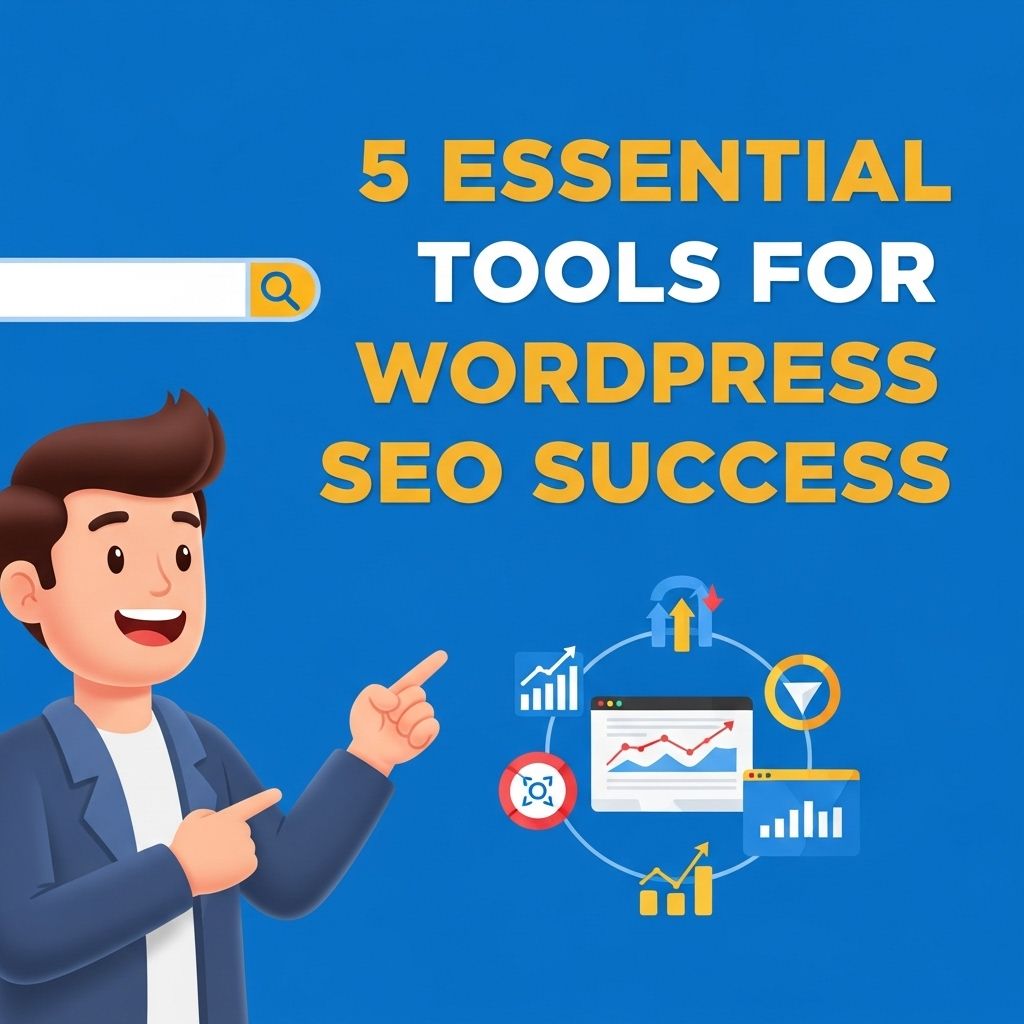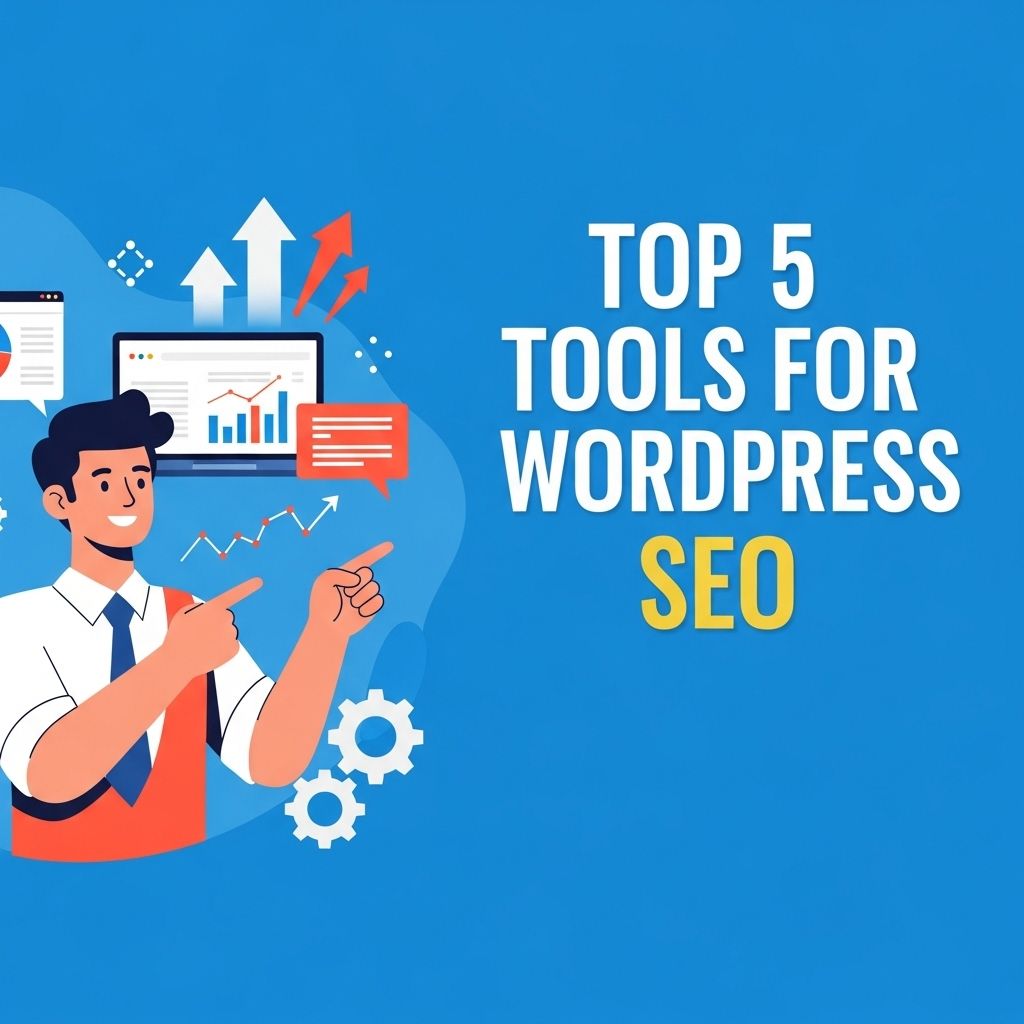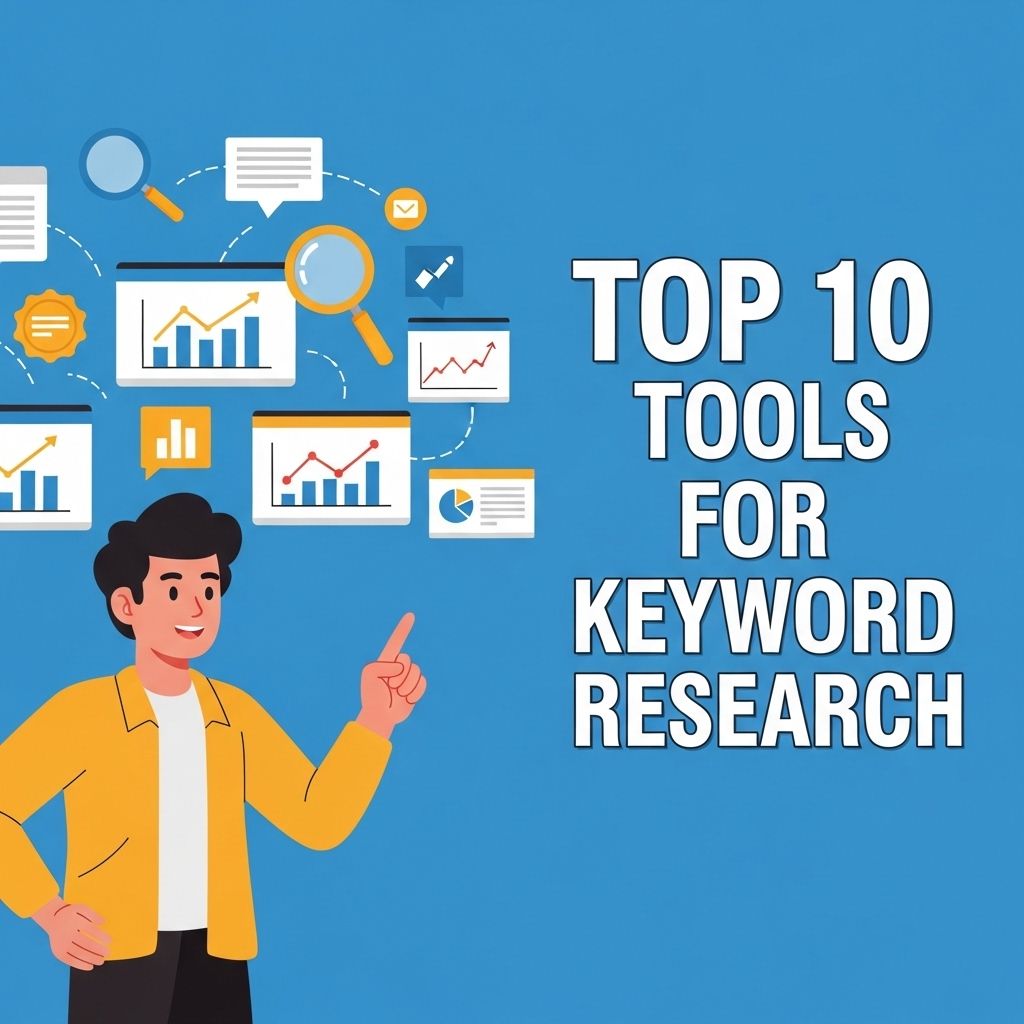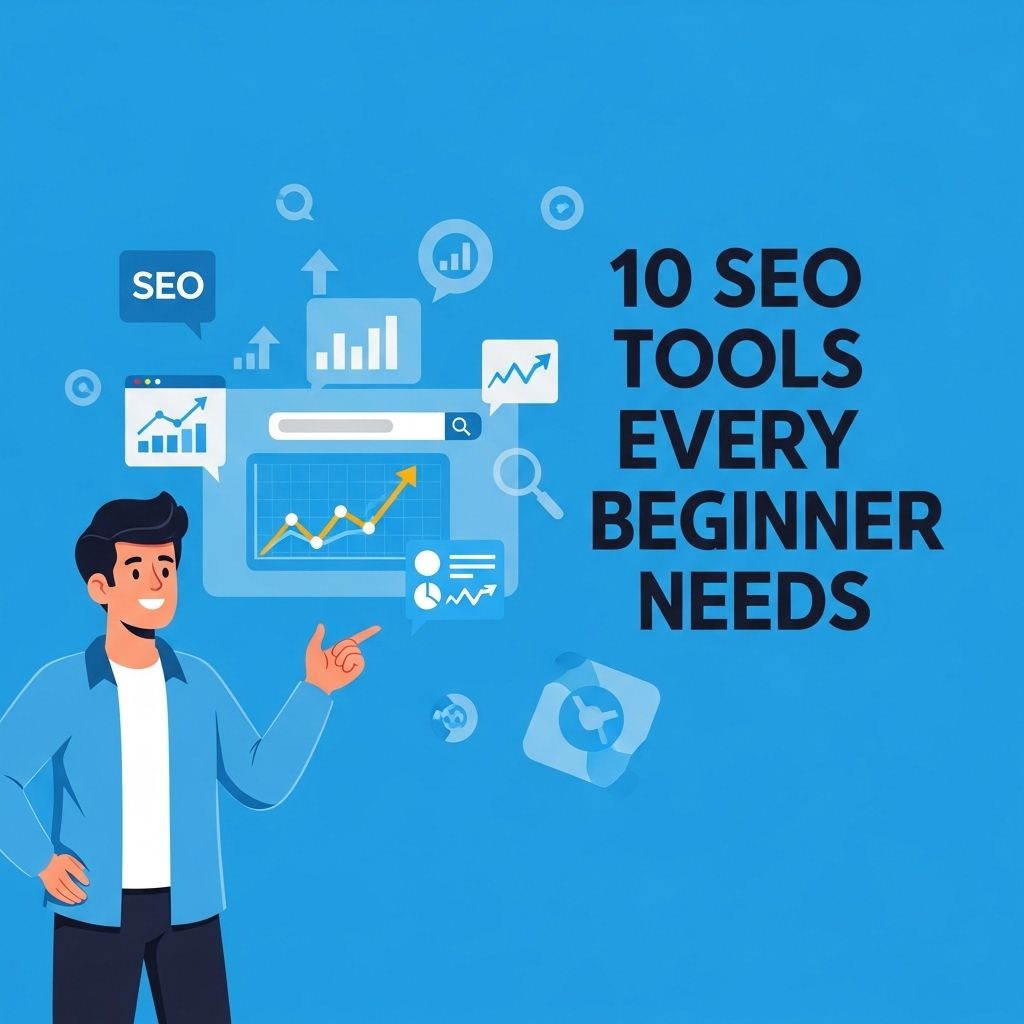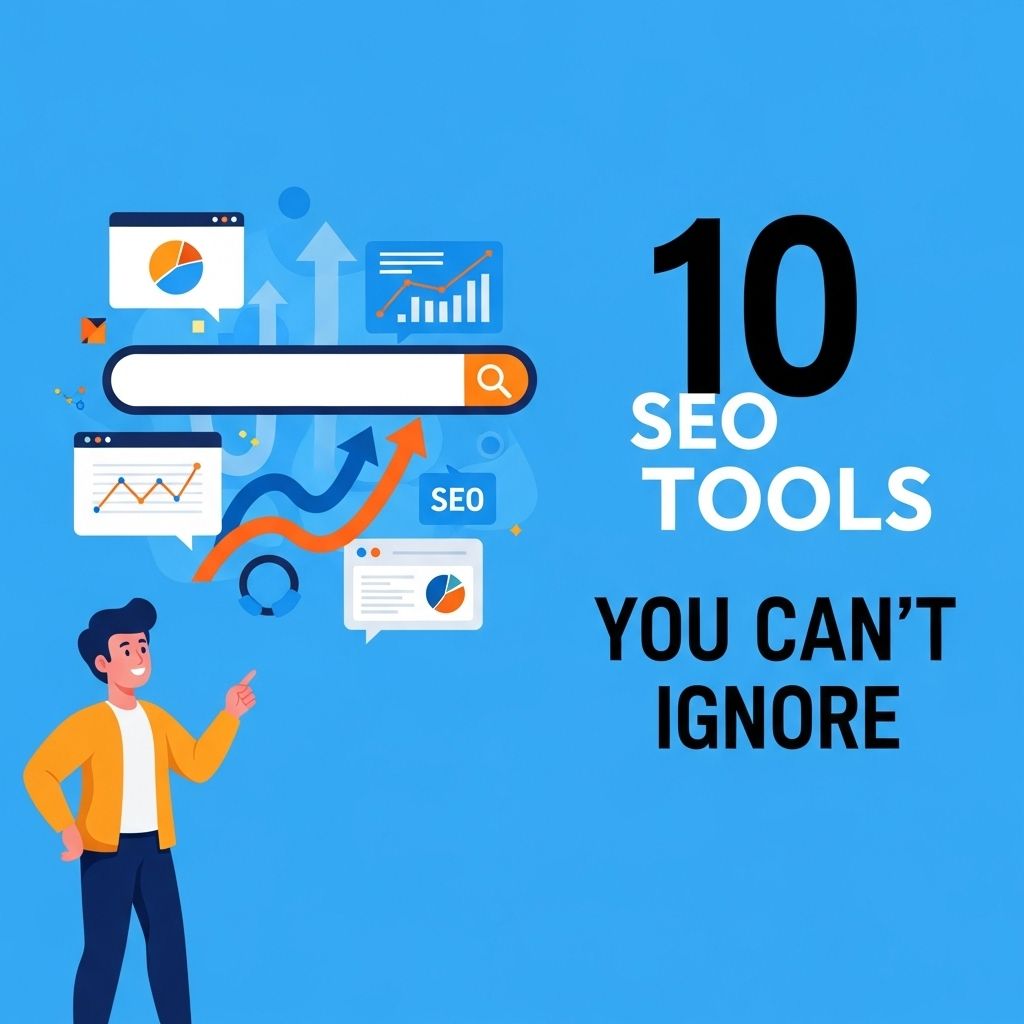Unlock SEO Success with AI Clustering Tools
Discover how AI clustering tools can enhance your SEO strategy for better rankings and traffic.
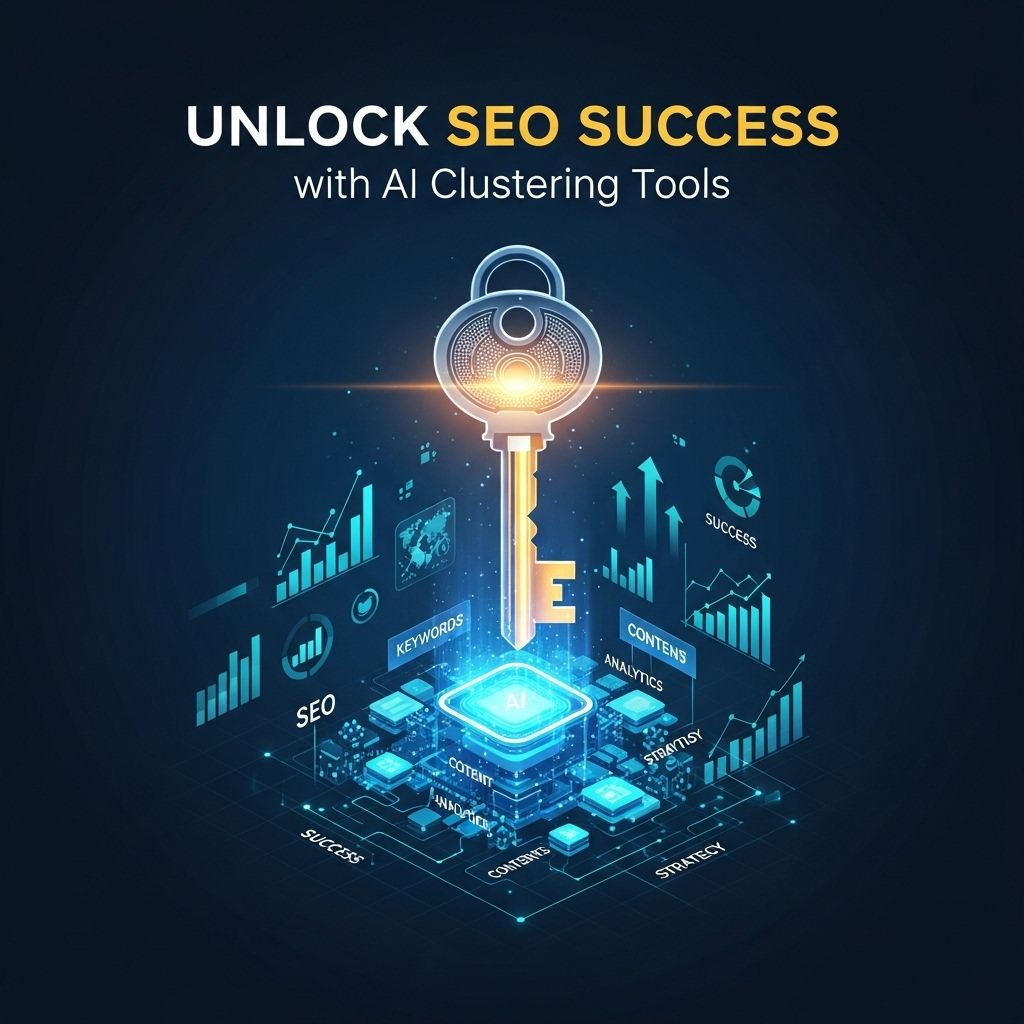
In the rapidly evolving landscape of digital marketing, achieving SEO success is no longer just about keywords and backlinks. With the rise of artificial intelligence, businesses are now leveraging AI clustering tools to enhance their search engine optimization strategies. These tools not only streamline content creation but also significantly improve website visibility and user engagement. In this article, we will explore the concept of AI clustering, its benefits, and how you can implement it in your digital marketing strategy.
Unlocking SEO success is becoming increasingly attainable with the use of AI clustering tools. These innovative solutions help you organize content effectively, ensuring that search engines can better understand your site’s structure and relevance. For a visual representation of creative branding ideas, check out our 3D mockup collection.
Table of Contents
The Essentials of AI Clustering
AI clustering tools utilize machine learning algorithms to analyze data and identify patterns, grouping similar content together based on various metrics. This process helps marketers create targeted content that resonates with specific audience segments.
What is Clustering in SEO?
Clustering in the context of SEO refers to the practice of organizing related topics and keywords into thematic groups. This method allows you to build a content architecture that enhances the relevance and structure of your website. Here’s why clustering matters:
- Improves content organization
- Aids in keyword optimization
- Enhances user experience
- Boosts organic traffic
Benefits of AI Clustering Tools
Employing AI clustering tools offers a multitude of advantages for SEO professionals and businesses alike. Below are some key benefits:
1. Data-Driven Insights
AI clustering tools analyze vast amounts of data and provide insights that would be nearly impossible for humans to uncover. By understanding user behavior and preferences, businesses can create more relevant content.
2. Enhanced Content Creation
By identifying content gaps and popular topics within clusters, brands can focus their content creation efforts effectively. Here’s how:
- Identify trending topics within your niche.
- Understand the questions your audience is asking.
- Generate content ideas that align with user intent.
3. Improved User Engagement
Content that is organized into clusters can improve user engagement metrics such as time on site and bounce rate. When users find relevant content easily, they are more likely to stay and explore.
4. Streamlined SEO Strategy
AI clustering tools can automate many aspects of your SEO strategy, allowing you to focus on higher-level tasks. Here are some ways they streamline processes:
| Task | Manual Approach | Automated with AI |
|---|---|---|
| Keyword Research | Time-consuming | Rapid analysis |
| Content Gap Analysis | Requires multiple tools | Single tool analysis |
| Content Organization | Manual grouping | Automated clustering |
Implementing AI Clustering in Your SEO Strategy
To effectively implement AI clustering tools into your SEO strategy, follow these steps:
Step 1: Choose the Right Tool
Select an AI clustering tool that fits your needs. Popular options include:
- SEMrush
- Ahrefs
- MarketMuse
- Frase
Step 2: Analyze Your Existing Content
Use the tool to analyze your current content. Look for:
- Content that can be grouped into clusters.
- Gaps in your content.
- Underperforming pages that need optimization.
Step 3: Create Content Clusters
Once you have analyzed your existing content, start creating clusters. Each cluster should have:
- A pillar page that covers the main topic.
- Supporting content that dives deeper into subtopics.
Step 4: Optimize for SEO
Optimize your content clusters for SEO by ensuring:
- Proper keyword usage throughout
- Internal linking between cluster pages
- Meta tags and descriptions are accurate and enticing
Case Studies: Success Stories
To illustrate the effectiveness of AI clustering tools, let’s look at two case studies:
Case Study 1: E-commerce Brand
A leading e-commerce brand used AI clustering to optimize their blog content. By creating topic clusters around seasonal trends, they:
- Increased organic traffic by 150% within six months.
- Enhanced user engagement metrics, resulting in lower bounce rates.
Case Study 2: SaaS Company
A SaaS company implemented AI clustering to improve their resource section. As a result:
- They saw a 200% increase in downloads of their whitepapers.
- Organic search visibility improved significantly, leading to more sign-ups.
Future of SEO with AI
The future of SEO is undoubtedly intertwined with artificial intelligence. As algorithms become more sophisticated, the importance of AI clustering will only grow. Businesses that embrace these technologies early will position themselves ahead of their competition.
Key Trends to Watch
As we look ahead, consider these emerging trends:
- Increased reliance on natural language processing.
- Greater emphasis on user experience and engagement.
- AI-driven content personalization.
Conclusion
AI clustering tools are transforming the way businesses approach SEO. By harnessing the power of artificial intelligence, marketers can create organized, relevant, and engaging content that meets the needs of their audience. As the digital marketing landscape continues to evolve, embracing these tools will be crucial for achieving lasting SEO success.
FAQ
What are AI clustering tools and how do they enhance SEO?
AI clustering tools analyze and group related content, helping search engines understand the context of your website, which can improve your SEO rankings.
How can I use AI clustering tools for keyword research?
AI clustering tools help identify and group keywords based on relevance, allowing you to target clusters of keywords that are semantically related for better content optimization.
What are the benefits of using AI clustering for content strategy?
Using AI clustering for content strategy ensures that your content is organized around key topics, making it easier for users to navigate and for search engines to index, leading to improved visibility.
Can AI clustering tools help in identifying content gaps?
Yes, AI clustering tools can analyze existing content and identify gaps in topics or keywords, allowing you to create new content that fulfills user intent and improves your SEO strategy.
Are there specific AI clustering tools recommended for SEO?
Some popular AI clustering tools for SEO include SEMrush, Ahrefs, and MarketMuse, which offer features tailored for optimizing content and improving search engine rankings.
How often should I update my content strategy using AI clustering?
It is recommended to review and update your content strategy using AI clustering tools regularly, ideally every few months, to stay aligned with changing search trends and user behavior.

